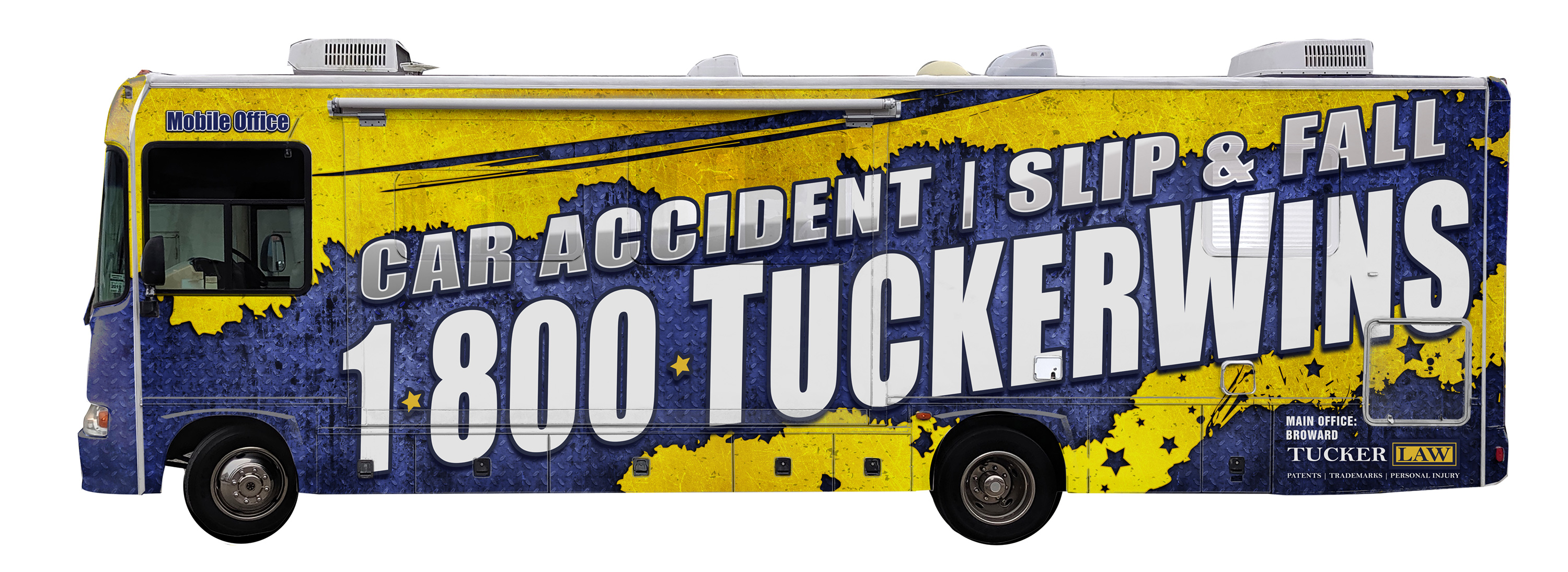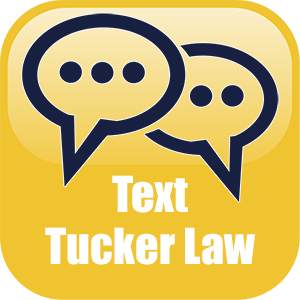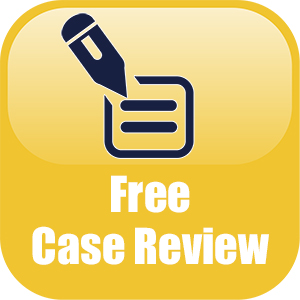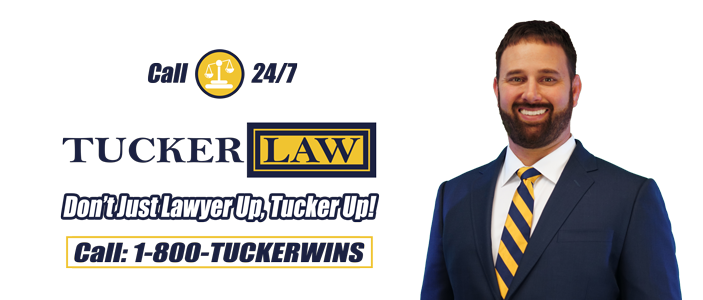

Patent Licensing Attorney
Tucker Law® is a leading provider of patent licensing services. Our team is experienced with negotiating top patent licensing deals experienced. As a patent firm established in 2013 with over a decade of experience, we have the knowledge and resources to help clients obtain the best possible licensing deals. We understand that every patent licensing case is unique and we are dedicated to finding the best solution for each of our clients. At Tucker Law, we are committed to helping our clients succeed and we offer competitive rates for our patent licensing services.
Why Can You License Patents?
A patent is a form of intellectual property that gives the holder exclusive rights to prevent others from making, using, selling, and importing an invention for a limited period of time, usually 20 years from the date of filing.
There are three main types of patents: utility patents, which cover new and useful inventions or discoveries; design patents, which cover new, original, and ornamental designs for an article of manufacture; and plant patents, which cover new varieties of plants that have been asexually reproduced.
When a person or company holds a patent, they can choose to license it to others for a fee. This allows the patent holder to monetize their invention and allows others to use the patented technology in their own products or services.
There are several types of patent licenses, including exclusive licenses, where the patent holder grants the licensee the sole right to use the patented technology; non-exclusive licenses, where the patent holder grants the licensee the right to use the patented technology along with other non-exclusive licensees; and sole licenses, where the patent holder grants the licensee the right to use the patented technology to the exclusion of all others, including the patent holder.
There are several factors to consider when entering into a patent license agreement, including the scope of the license, the duration of the license, the royalty rate, and any conditions or restrictions on the use of the patented technology.
It is important to carefully review the terms of a patent license agreement and seek the advice of a qualified patent attorney before entering into one.
Hire Tucker Law For Patent Licensing
There are several reasons why a client may want to hire a firm like ours to help with patent licensing.
First, our team has a wealth of experience in the field of patent law and is well-versed in the intricacies of patent licensing agreements. We can help you navigate the legal complexities of licensing a patent and ensure that their interests are protected.
Second, we can assist you in negotiating the terms of the license agreement and securing the most favorable terms possible. This can include helping you determine the appropriate royalty rate, establishing the scope and duration of the license, and identifying any conditions or restrictions on the use of the patented technology.
Third, we can provide guidance on how to maximize the value of the patented technology and help you identify potential licensees who are interested in using the technology.
Hiring Tucker Law can help the client effectively and efficiently navigate the patent licensing process and ensure that their interests are protected.
Running Royalties
One nuanced aspect of patent licensing is the concept of “running royalty.” A running royalty is a fee paid by the licensee to the patent holder on an ongoing basis, usually based on the number of units sold or the amount of revenue generated by the licensed product or service.
One issue with running royalties is determining the appropriate royalty rate. This can be challenging because the royalty rate needs to be high enough to compensate the patent holder for the use of their technology, but not so high that it discourages potential licensees from using the technology.
One way to determine a reasonable royalty rate is to consider the “Georgia-Pacific” factors, which are a set of 15 considerations that courts may use to determine a reasonable royalty rate in a patent infringement case. These factors include the economic life of the patented technology, the anticipated profits of the licensee, and the royalty rates of comparable licenses.
Another issue with running royalties is the risk of underpayment or non-payment by the licensee. To mitigate this risk, the patent holder may require the licensee to provide periodic reports detailing the units sold or revenue generated by the licensed product or service and to pay the corresponding royalties. The patent holder may also want to include provisions in the license agreement for audits, late payment fees, and remedies for breach of contract.
Overall, running royalties can be a complex aspect of patent licensing and it is important for both the patent holder and the licensee to carefully consider the terms of the agreement to ensure a fair and mutually beneficial arrangement.
Other Royalties
In addition to running royalties, which are fees paid by the licensee to the patent holder on an ongoing basis, there are several other types of royalties that may be included in a patent license agreement.
One type of royalty is a lump sum royalty, which is a one-time payment made by the licensee to the patent holder in exchange for the right to use the patented technology. This type of royalty is often used in situations where the licensee does not expect to generate significant revenue from the licensed product or service, or where the patent holder does not want to engage in ongoing royalty payments.
Another type of royalty is a milestone royalty, which is a payment made by the licensee to the patent holder based on the achievement of certain milestones, such as the sale of a certain number of units or the generation of a certain amount of revenue.
A third type of royalty is a cross-license royalty, which is a fee paid by one patent holder to another in exchange for the right to use their patented technology. This type of royalty is often used when two companies have mutually exclusive patent portfolios and want to access each other’s technology without infringing on their patents.
Finally, a fourth type of royalty is a sublicense royalty, which is a fee paid by a sublicensee (a licensee of a licensee) to the original patent holder. This type of royalty is often used when the original licensee wants to sublicense the patented technology to another party.
There are many different types of royalties that may be included in a patent license agreement, and the specific type of royalty used will depend on the nature of the patented technology and the business goals of the parties involved. That is why when you hire Tucker Law, we can help determine the best type of license agreement that your company should enter, whether you are the licensor or the licensee
FREE Case Review
Patent Licensing Help
There are several reasons why someone may want to hire a firm like ours for their patent licensing needs. First, we have a wealth of experience in patent licensing and are well-versed in the intricacies of patent licensing agreements. We can help clients navigate the legal complexities of licensing a patent and ensure that their interests are protected. Second, we have a track record of success in negotiating favorable terms for our clients in patent licensing agreements. Our team can assist clients in determining the appropriate royalty rate, establishing the scope and duration of the license, and identifying any conditions or restrictions on the use of the patented technology. Third, we have a network of industry contacts and can help clients identify potential licensees who are interested in using their patented technology. Florida Attorney Matthew Sean Tucker is ready to help you or your company with patent licensing.


Mobile Office
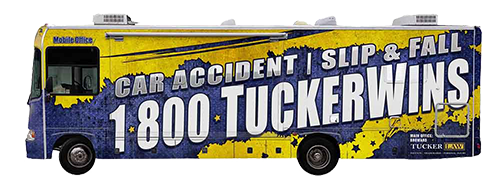
Whether you are injured or have an idea for an invention, Tucker Law has the ability to meet clients anywhere in Florida. Ask our staff about our mobile office. That is why we can meet clients with our 32 foot mobile office anywhere. From driving to the scene of a crash, to meeting with accident victims at their house or other safe locations, our mobile office can help you regardless of your location or your ability to drive.
